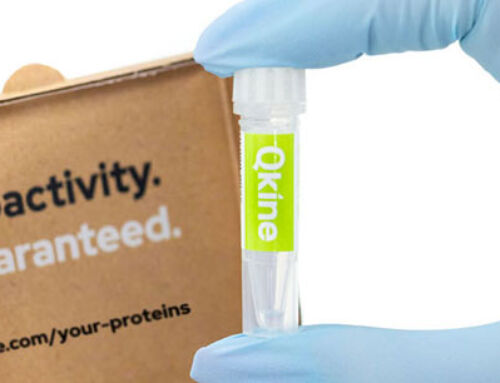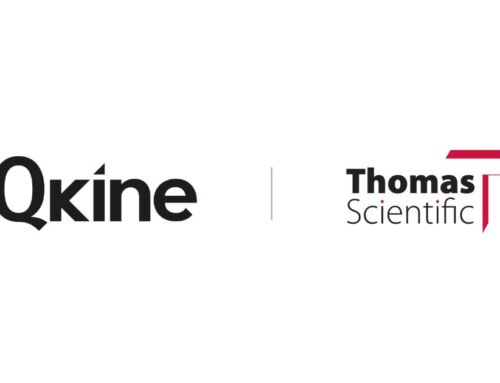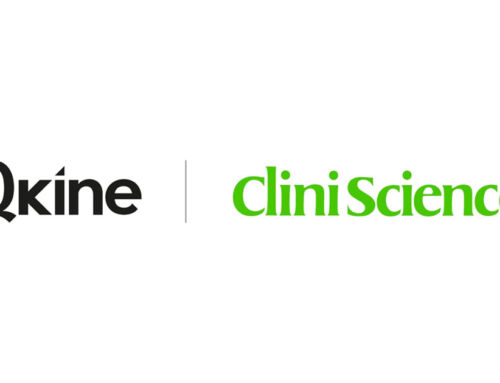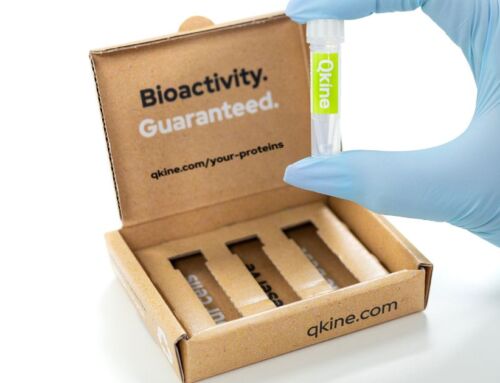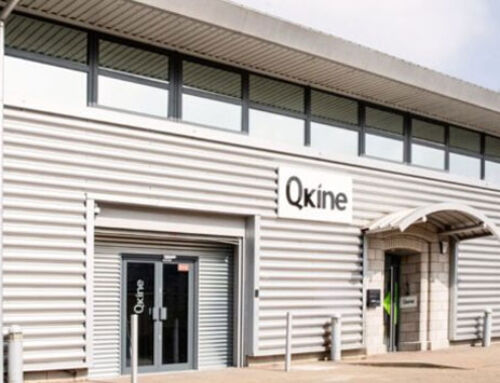Running for over a decade, the iteams programme partners multi-disciplinary teams of PhD students and postdocs with inventors from the University of Cambridge. As we are a recent spin-out from the academic laboratory of our scientific founder Marko Hyvonen, we have had the pleasure of working with an iteam over the last months. The team, a group of 7 talented PhDs and postdocs, which includes stem cell biologists, biochemists, developmental biologists and a student of psychiatry, have been exploring unmet needs and opportunities in growth factors across stem cell science and regenerative medicine.
The iteam has been investigating challenges with growth factors and cytokines that need to be addressed within global biotechnology, pharmaceutical R&D, basic research, bioprocessing and regenerative medicine sectors. Along with serious market analysis their brief is also to dream and look at Qkine’s technologies with a critical fresh eye to evaluate novel applications, technologies and partnerships that are both commercially viable and can enhance stem cell science. They are focusing particularly on organoid and organ-on-chip technologies to dovetail with our work on the development of engineered growth factors and minimal active fragments of key growth factors for 3D stem cell applications, a project co-funded by Innovate UK.
The team are currently running a survey (surveymonkey.de/r/WYG7HLV) to identify unmet needs in the industry and would I’m sure appreciate any further responses from people working in the area if you have 5 minutes to contribute.
Their final recommendations and presentation is in a few weeks, but a recurring theme in their preliminary findings is the challenge of reproducibility and achieving consistent and stable bioactivity across stem cell and bioprocessing applications, which of course is an area close to our heart.
So, I don’t know about the “i” in iteams. In my opinion, perhaps it is genuinely all those slightly twee words that are bandied around, such as intelligent, innovative, ingenious, inventive or – as part of their project involves contacting industry experts – intrepid.
Is it a play on what individuals bring to a team? The people organising the programme are pretty smart, so it is a possibility: I have certainly been impressed by the wealth of diverse experience that each member of the team has brought to the project. Or perhaps, the slightly more prosaic “industry”, as the purpose of iteams is to build university-industry links.
It is irrelevant (not a contender!) really but as a start-up, we have found working with an iteam, along with their experienced and knowledgeable industry mentor, a worthwhile experience and a way to promote development of transferable skills for talented scientists.
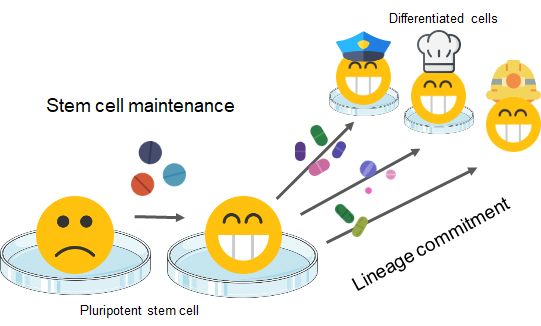
The strapline for iteams is “commercialise creativity”. Our team certainly used their creativity to great effect and amusement at the mid-term presentation with their lay explanation of the role of growth factors in stem cell culture. Happy pills for stem cells?
Image credit: iteams 2018
